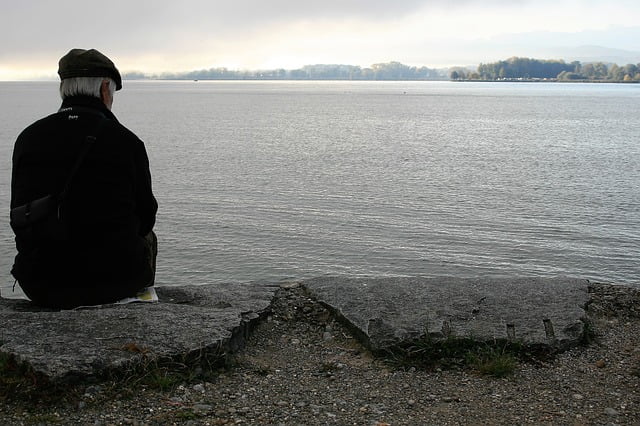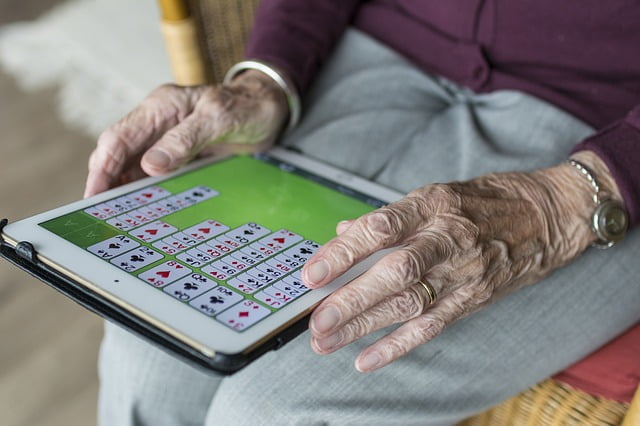New research from the University of Otago Christchurch have found that one in five older people (equates to 15,000 elderly) identify as feeling lonely in New Zealand, and the negative impact of this can worsen health conditions.

Loneliness: a negative impact on health, well-being and mortality
More than 15,000 frail elderly identified as being lonely according to a world-first study of 72,000 older New Zealanders.
The findings come from research on InterRai, a universal assessment of elderly living in the community who need home services or are being considered for entry into care. This study was led by University of Otago, Christchurch, researchers Dr Hamish Jamieson and Dr Sally Keeling. It was recently published in the Australasian Journal on Ageing.
Dr Jamieson says he wanted to understand the burden of loneliness in the elderly because it is widely recognised as having a negative impact on health, well-being and mortality.
Read also: Almost a million older people feel lonelier at Christmas
Study’s findings
The study found:
 One in five people surveyed (21%) were lonely.
One in five people surveyed (21%) were lonely.- The ethic group most likely to be lonely was Asian (23%).
- Pacific Islanders were the least lonely group (17%).
- The mean age of participants was 82.7 years.
- 61% were female
- 88.4% identified as European; 5.4% as Maori; 3.1% as Pasifika 2.3% as Asian and 0.8% as other
- Just over half lived with others (50.4%). Of those living with others, 31.7% lived with a spouse or partner only, and 10.9% lived with a child.
- European were most likely to live alone (52.4% of that ethnic group); Maori (38.1% of that group), Asian (18%) and Pasifika (15.6%)
- People from non-European ethnic groups were more concentrated in extended family arrangements, with 38.2% of Pasifika living with an adult child, 33% of Asians, and 8.6% of Europeans.
- Twice the proportion of older Asian people were lonely when living with others (15.7%) than living alone (7%)
Loneliness well-recognised as having negative impacts on the lives of older people
Dr Jamieson says loneliness is well-recognised as having negative impacts on the lives of older people.

“Interactions with friends and neighbours are important and can help older people maintain their sense of independence and sustain the ability to look after themselves. In contrast, loneliness can make many health conditions worse, including pain depression, anxiety and respiratory conditions.”
Dr Jamieson says he thinks the high prevalence of loneliness reflects the increasing fragmentation of society. “Many people are working long hours and travelling more. Anecdotally, there is a reduction in community networks and neighbourhoods. This is contributing to the high levels of loneliness reported in vulnerable older people,” he says.
“It is important to understand there are thousands of frail elderly in the community who are lonely. This message is even more important as Christmas is approaching.”
Read also: 39% of people over 65 feel lonely in the United Kingdom
Published by the Editorial Staff on

 One in five people surveyed (21%) were lonely.
One in five people surveyed (21%) were lonely.